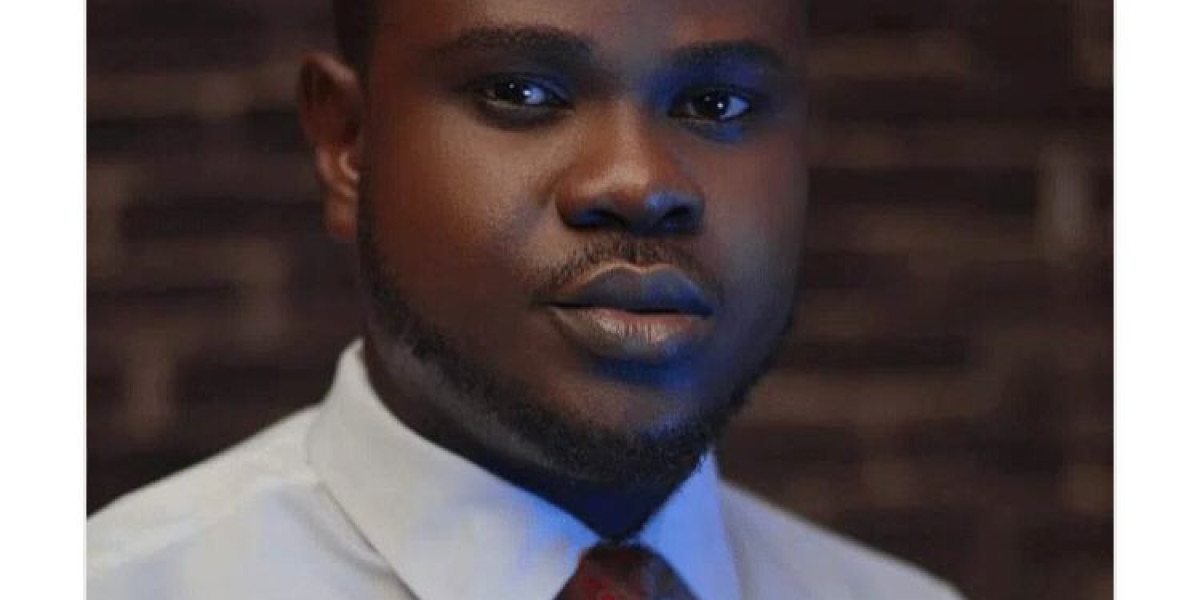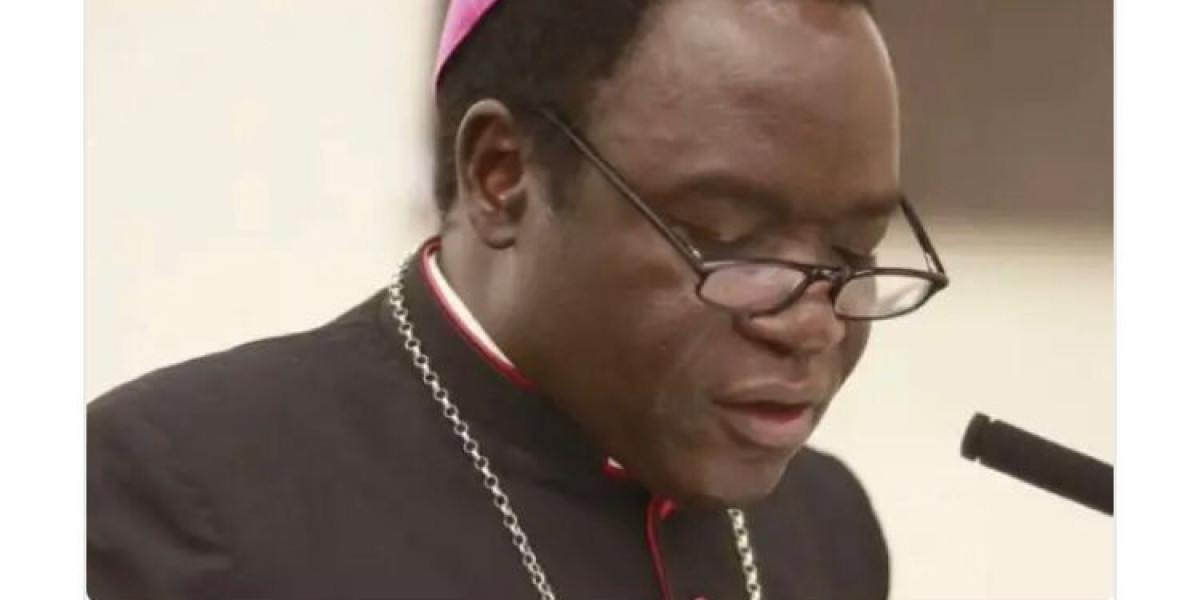In Nigeria, the dynamics of societal criticism often reflect a phenomenon where observers, akin to football spectators, freely analyze the game from the sidelines. This analogy extends to governance, where citizens readily offer advice on what the government should or should not do to improve the nation. However, there is a tendency to overlook individual contributions towards nation-building, as people focus primarily on governmental shortcomings.
The term "e-nocent" is coined to describe Nigerian citizens who actively engage in critiquing the government's actions through various media platforms. While such scrutiny is essential for accountability, it often neglects to address citizens' roles in shaping the country's trajectory. The e-nocent individuals rarely extend their critique to include their own responsibilities in fostering positive change.
Moving beyond the e-nocent category, there are those deemed "ill-nocent" who wield significant influence across various sectors, including politics, economics, social, religious, and cultural domains. This group encompasses politicians, religious leaders, cultural figures, business moguls, and others who hold sway over societal affairs. Despite their influential positions, many among the ill-nocent fail to leverage their power for the collective good of the nation.
Traditional institutions, such as councils of kings and chiefs, also fall under the ill-nocent category, as their roles in national development remain questionable. Furthermore, the entanglement of government officials with clergymen and the involvement of entertainers in political events highlight the blurred lines between different sectors and the need for accountability across the board.
The narrative of ill-nocence extends to business moguls who prioritize personal gain over national interests, as well as politicians who often prioritize self-serving agendas. Their actions contribute to the perpetuation of systemic challenges and hinder progress towards a better Nigeria.
In concluding, the author poses a critical question: how many Nigerians can truly claim innocence in the nation's current state? The collective effort required to address societal issues demands a shift from merely critiquing to actively engaging in constructive actions that promote positive change. Only through concerted efforts and a willingness to assume individual responsibilities can Nigeria achieve its desired transformation.
Dr. Bamgbose, from the Department of English at Lagos State University (LASU), emphasizes the importance of collective action and accountability in shaping Nigeria's future.
Naijamatta is a social networking site,
download Naijamatta from Google play store or visit www.naijamatta.com to register. You can post, comment, do voice and video call, join and open group, go live etc. Join Naijamatta family, the Green app.
Click To Download


